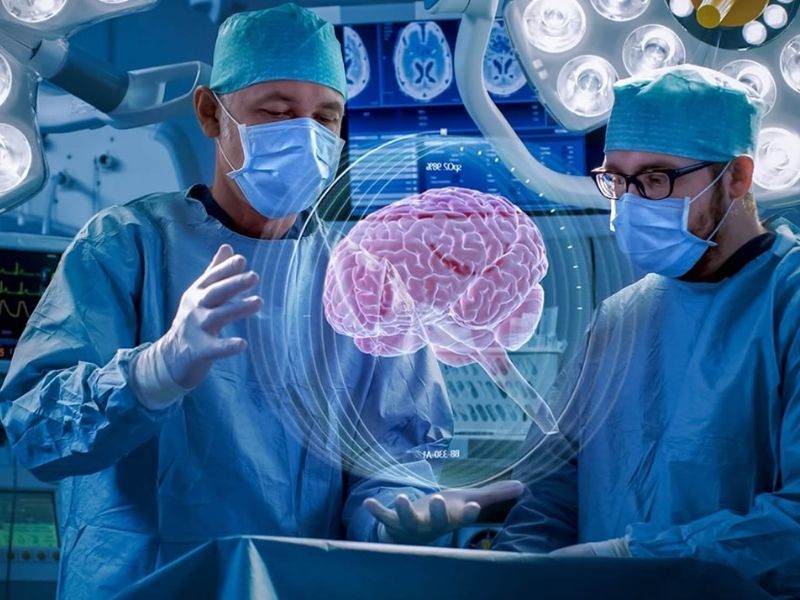In addition to the treatment of tumors originating from brain and spinal cord tissue or which press on these tissues, the diagnosis and treatment of diseases such as head and spinal cord injuries, cerebral vascular occlusions, cerebral haemorrhages, aneurysms, i.e. bubbles in the vessels that feed the brain and spinal cord, especially the hernia of the waist and neck, is the science concerned.
The groups of diseases he is most interested in are brain tumors, brain haemorrhages, head injuries, lumbar and neck hernias, spinal cord tumors, narrowing of the neck vessels and diseases that develop during the formation of the nervous system in infants, epilepsy that do not respond to drug treatment, and many vital functions such as selected cases of Parkinson’s. It is the ward that intervenes in the diseases that afflict the disease with surgical methods
 Brain and neurosurgical diseases can develop due to trauma or they can occur due to other existing diseases or genetic predisposition. Diseases diagnosed and treated by doctors in the neurosurgery department can develop due to tumors in the brain and spinal cord tissue, existing cancers, and many other different health problems. Neurosurgical diseases can often cause symptoms such as numbness, change in consciousness or loss of consciousness, loss of vision, weakness, nausea, vomiting, dizziness and very severe headache.
Brain and neurosurgical diseases can develop due to trauma or they can occur due to other existing diseases or genetic predisposition. Diseases diagnosed and treated by doctors in the neurosurgery department can develop due to tumors in the brain and spinal cord tissue, existing cancers, and many other different health problems. Neurosurgical diseases can often cause symptoms such as numbness, change in consciousness or loss of consciousness, loss of vision, weakness, nausea, vomiting, dizziness and very severe headache.
If the person goes to the neurosurgery ward, the doctor first learns the person’s life history and then performs a physical exam. In addition to radiological imaging tests, if necessary, laboratory tests may be performed to evaluate the results. In light of the information obtained, the diagnosis of the disease is made in the person. Since there are many different diseases affecting the brain and neurosurgery department, there are just as many different treatment methods. In cases that are not treated properly, serious health problems can develop into further dimensions. For this reason it is necessary to consult a doctor who specializes in all complaints concerning the brain and other nerve structures. A multidisciplinary study is conducted with other departments to increase the patient’s quality of life.



